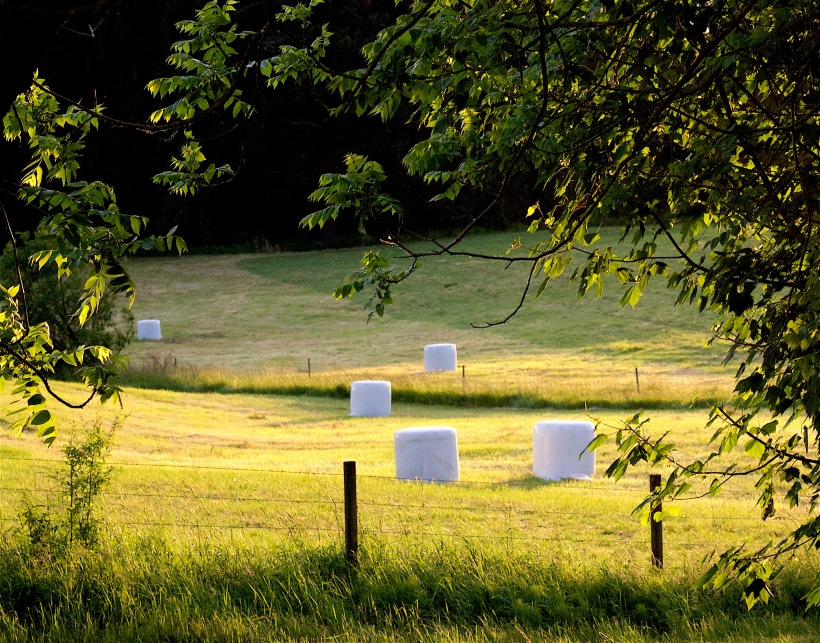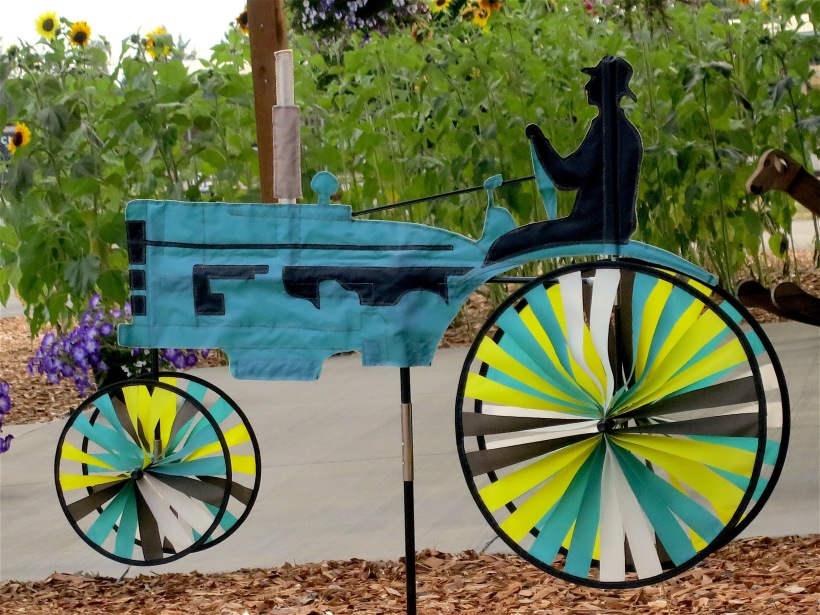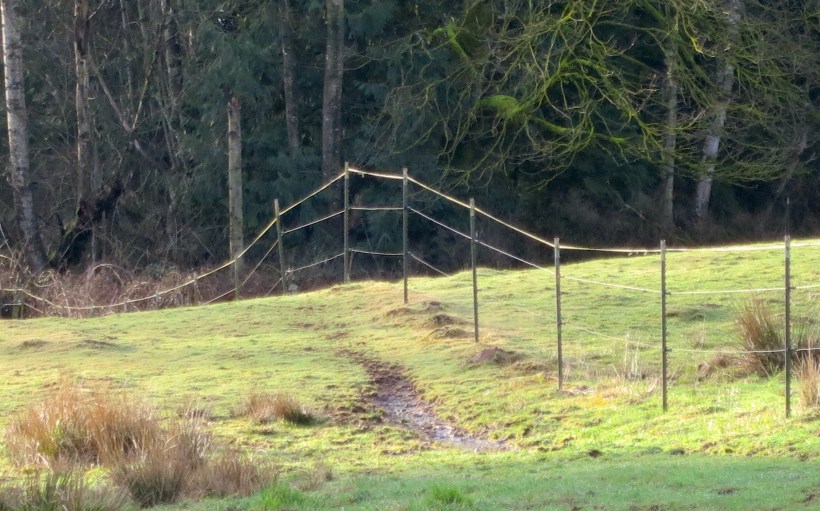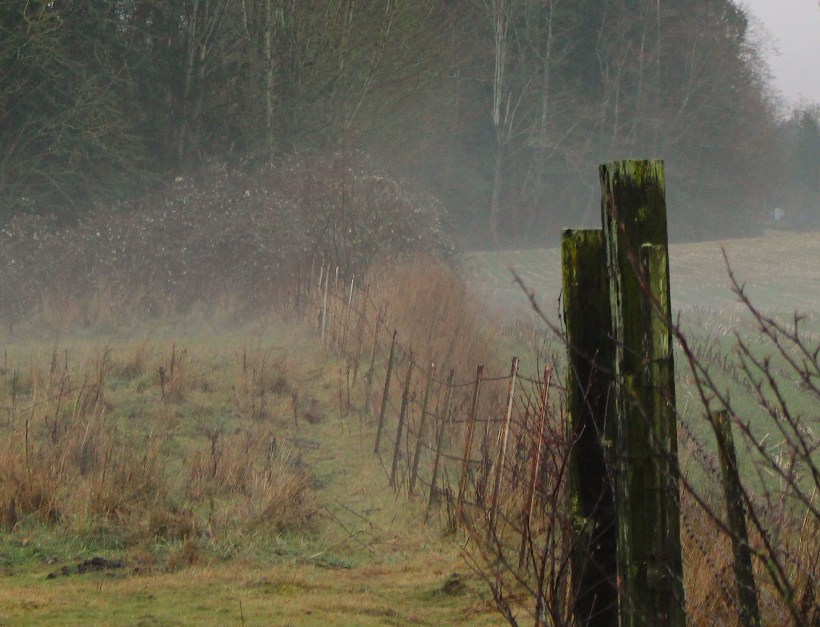
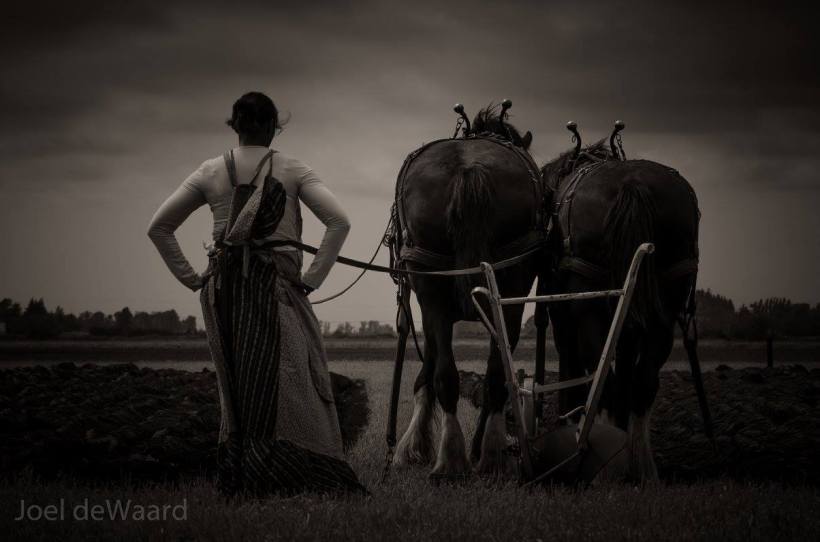
I find my greatest freedom on the farm.
I can be a bad farmer or a lazy farmer and it’s my own business.
A definition of freedom:
It’s being easy in your harness.
~Robert Frost in 1954, at a news conference on the eve of his 80th birthday
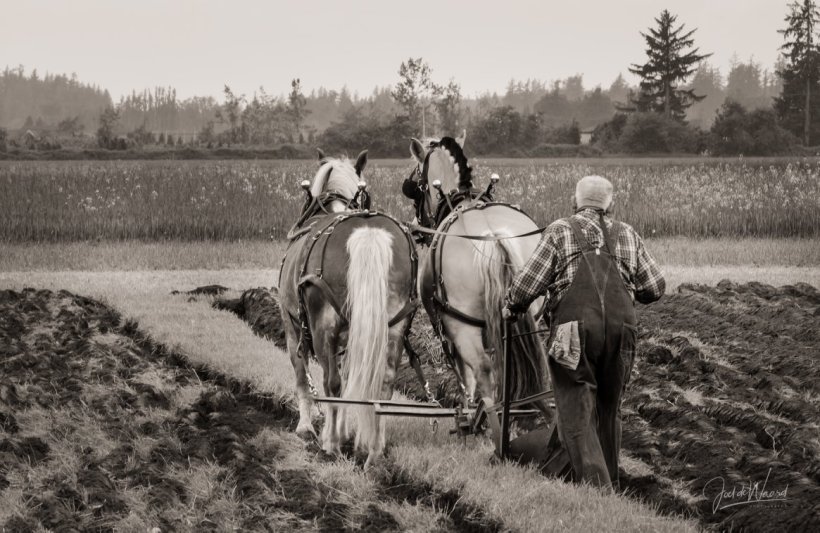
The past was faded like a dream;
There come the jingling of a team,
A ploughman’s voice, a clink of chain,
Slow hoofs, and harness under strain.
Up the slow slope a team came bowing,
Old Callow at his autumn ploughing,
Old Callow, stooped above the hales,
Ploughing the stubble into wales.
His grave eyes looking straight ahead,
Shearing a long straight furrow red;
His plough-foot high to give it earth
To bring new food for men to birth.
O wet red swathe of earth laid bare,
O truth, O strength, O gleaming share,
O patient eyes that watch the goal,
O ploughman of the sinner’s soul.
O Jesus, drive the coulter deep
To plough my living man from sleep…
At top of rise the plough team stopped,
The fore-horse bent his head and cropped.
Then the chains chack, the brasses jingle,
The lean reins gather through the cringle,
The figures move against the sky,
The clay wave breaks as they go by.
I kneeled there in the muddy fallow,
I knew that Christ was there with Callow,
That Christ was standing there with me,
That Christ had taught me what to be,
That I should plough, and as I ploughed
My Saviour Christ would sing aloud,
And as I drove the clods apart
Christ would be ploughing in my heart,
Through rest-harrow and bitter roots,
Through all my bad life’s rotten fruits.
- Lo, all my heart’s field red and torn,
- And Thou wilt bring the young green corn,
- And when the field is fresh and fair
- Thy blessed feet shall glitter there,
- And we will walk the weeded field,
- And tell the golden harvest’s yield,
- The corn that makes the holy bread
- By which the soul of man is fed,
- The holy bread, the food unpriced,
- Thy everlasting mercy, Christ.
~John Masefield from The Everlasting Mercy
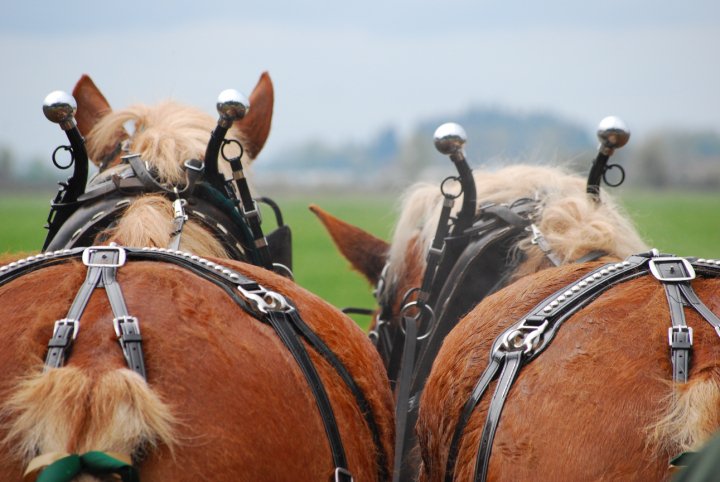
We shoulder much burden in the pursuit of happiness and freedom,
worth every ounce of sweat,
every sore muscle,
every drop of blood,
every tear.
Our heart land is plowed,
yielding to the plowshare
digging deep with the pull of the harness.
The furrow should be straight and narrow.
We are tread upon
yet still bloom;
we are turned upside down
yet still produce bread.
The plowing under brings freshness to the surface,
a new face upturned to the cleansing dew,
knots of worms now making fertile simple dust.
Plow deep our hearts this day of celebrating freedom, dear Lord.
May we grow what is needed
to feed your vast and hungry children
everywhere.
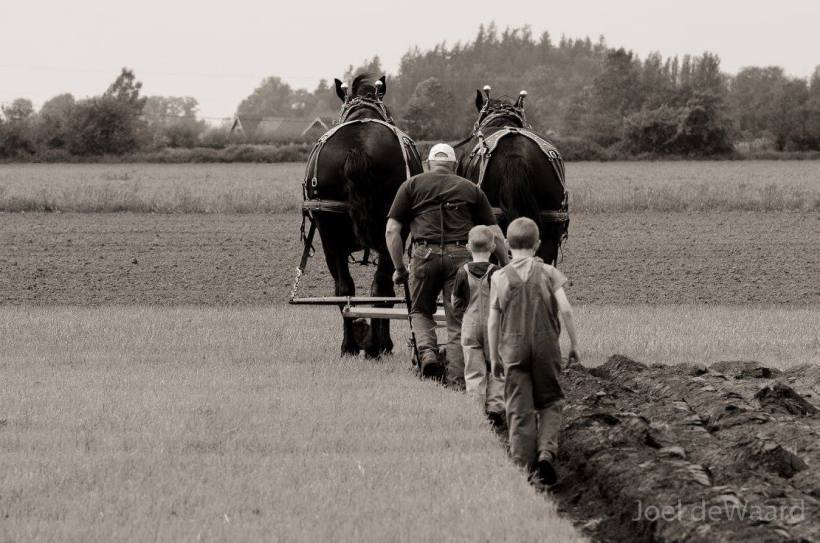
Thank you once again to Joel deWaard, local farmer and photographer, who graciously shares his photos of the Annual International Lynden (Washington) Plowing Match

